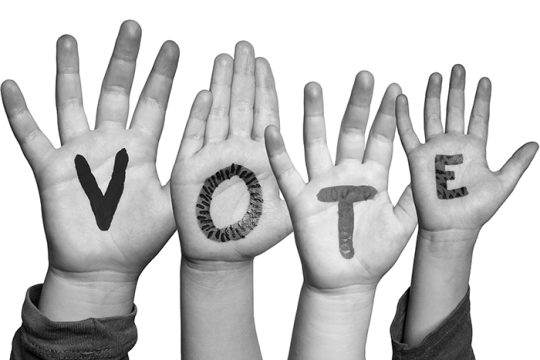We have all heard the horrifying truth: 1 in 5 women will experience sexual assault during their time in college.
In April of 2014, the White House released this statistic as part of their “Not Alone” campaign. In addition to laying the foundation for prevention and response strategies, “Not Alone” launched a support system for those who have experienced sexual assault in the past.
"Perhaps most important, we need to keep saying to anyone out there who has ever been assaulted: you are not alone. We have your back. I’ve got your back,” said President Barack Obama.
Not long after this campaign was launched, California Governor Jerry Brown signed Senate Bill 967 into law in September of the same year. The law would clarify the definition of sexual consent, requiring “affirmative consent.”
Although several measures have been put in place, sexual assault is, unfortunately, still an issue, especially on college campuses.
In more recent news, the country was in an uproar this June over the shocking and infuriatingly lenient decision made by Santa Clara Superior Court Judge Aaron Persky in regard to the Stanford University case, in which a student at Stanford University, was only sentenced to six months in jail after being convicted of sexually assaulting an unconscious woman.
The Vice President of the URJ, Miriam Chilton, wrote a response to the Stanford case, and she articulated very well how I also feel about the issue of sexual assault on college campuses.
“College should be a safe space of learning and growing, not a place for persistent predatory behavior. Colleges do too little to prevent assaults from happening or to support the victims after a crime occurs,” said Chilton.
Our Jewish tradition teaches us that mental distress and moral humiliation are equated with physical harm. Our faith also commands us not to stand idly by while our neighbor bleeds (Leviticus 19:16). The physical and emotional abuse inherent in sexual violence is a direct violation of the Jewish tradition and of a broader morality that implicates us to protect ourselves and our peers. The burden is on all of us to foster an environment that does not tolerate rape or sexual assault, and to drive a shift toward cultural norms that prevent those assaults in the first place.
Take this It’s on Us pledge to show your commitment to help stop sexual assault.
 Taylor Onderko is a senior at Chapman University, where she is majoring in peace studies. During this summer as a Machon Kaplan participant, she interned at The Peace Alliance.
Taylor Onderko is a senior at Chapman University, where she is majoring in peace studies. During this summer as a Machon Kaplan participant, she interned at The Peace Alliance.
Related Posts

Kosher Feijoada: Reflections on Latin Heritage Month and Sukkot

Securing the Vote
